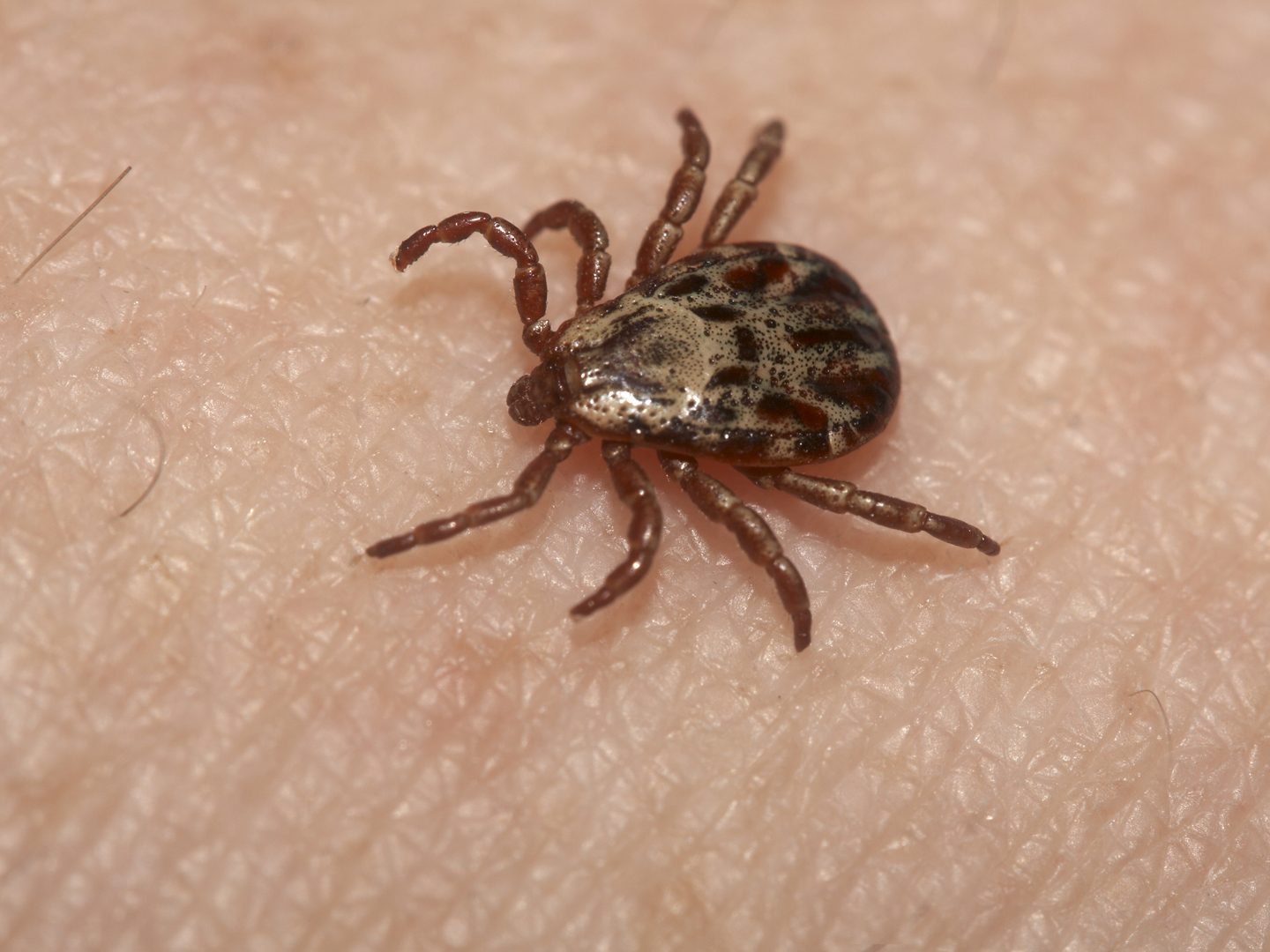Routing Ringworm?
What is the best way to get rid of ringworm? And how do you get this, anyway?
Andrew Weil, M.D. | September 19, 2005

Ringworm is an itchy fungal infection of the skin. The same fungus is responsible for athlete’s foot and jock itch. The skin infection is called ringworm because it often shows up as a ring-shaped, red rash, with a wavy, wormlike border, but it can take other forms as well. The cause is a group of fungi called dermatophytes or tinea that only live in moist surfaces of the body. Ringworm can also affect the nails and scalp.
You pick up ringworm from direct contact with someone who has it or, sometimes, from an infected pet or farm animal. You can also get the infection by using the towels, combs, brushes, stuffed toys, or clothing of an infected person. To protect yourself, don’t share clothing, shoes, or towels. It is also important to bathe regularly and make sure that your skin is thoroughly dry afterward. Wearing flip-flops on wet surfaces is also a good idea, as tinea often occurs on wet surfaces of shower stalls, gym mats, and pool decks.
You can treat ringworm yourself by keeping your skin clean and dry and by laundering your sheets and nightclothes every day until the infection clears up. Tea tree oil is an excellent home remedy (it works as well as pharmaceutical antifungal products). Apply a light coating to affected areas three or four times a day, and continue to apply it for two weeks after the infection disappears to make sure the fungus is eradicated. You also can use over-the-counter antifungal drying powders, creams or lotions containing miconazole or clotrimazole. If you are prone to frequent fungal infections, try adding one or two cloves of raw garlic a day to your diet. Raw garlic is a potent antifungal agent.
Check with your doctor if ringworm is in your scalp or nails or if you have a persistent or severe skin infection that doesn’t respond to the measures described above. Oral antifungal drugs such as itraconazole (Sporanox) or griseofulvin (Grisactin) are most often prescribed in these cases although these drugs are not without side effects and will need monitoring by a physician if prolonged therapy is required.
Andrew Weil, M.D.










